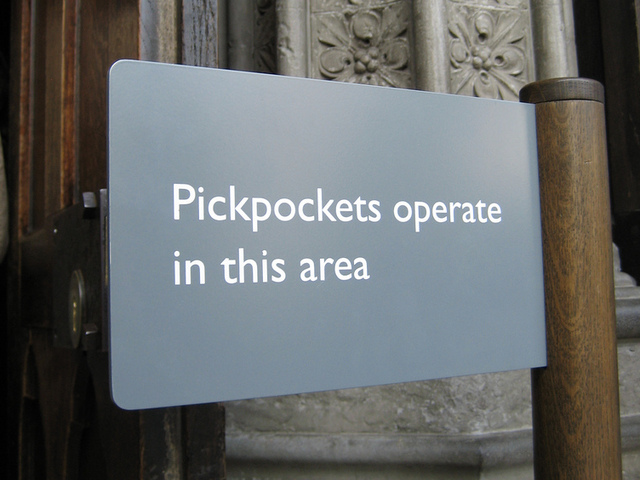
Over the last few weeks, some California federal judges have been hammering the lawyers bringing mass file-sharing lawsuits. Add Magistrate Judge Bernard Zimmerman to that list.
Last year, On the Cheap LLC sued 5,011 alleged pirates of its porn film Danielle Staub Raw. Zimmerman this week threw out 5,010 of the anonymous defendants. "No courtroom in the building can hold over 200 people, let alone 5,000," he wrote in his order. Even if it could, everyone would have different lawyers, different issues of fact, different defenses—in short, it would be a total nightmare for the efficient dispensation of justice.
Of course, this assumes the plaintiffs in the case want to go to trial against anyone. Judge Zimmerman strongly suspects that they do not. He ordered the plaintiffs to provide him detailed information on their settlement activities, but his order appears to have been ignored by On the Cheap. In a potent piece of footnoting to his new severance order, Zimmerman attacked the company:
The Court's concerns are heightened by plaintiff's refusal to file under seal a copy of its settlement letter and related information about its settlement practices. The film sells for $19.95 on plaintiff's website. According to public reports, plaintiffs in other BitTorrent cases, rather than prosecuting their lawsuits after learning the identities of Does, are demanding thousands of dollars from each Doe defendant in settlement. If all this is correct, it raises questions of whether this film was produced for commercial purposes or for purposes of generating litigation and settlements.
Put another way, Article 1, section 8 of the Constitution authorizes Congress to enact copyright laws "to promote the Progress of Science and useful Arts." If all the concerns about these mass Doe lawsuits are true, it appears that the copyright laws are being used as part of a massive collection scheme and not to promote useful arts.
Adding to the judge's suspicions, On the Cheap hasn't actually served any of the anonymous defendants in the case. ("Eleven months after the complaint was filed, not a single Does [sic] has been served," he wrote, and then denied a motion to extend the service time even longer.)
The judge makes clear that he "does not condone copyright infringement." And he likes settlements, which lead to mutual resolution of legal disputes and clear the court's calendar. But none of this justifies "perverting the joinder rules first to create the management and logistical problems discussed above and then offer to settle with Does defendants so they can avoid digging themselves out of the morass plaintiff is creating."
Ice burn!? Not exactly. Before Zimmerman shredded the case, On the Cheap was allowed to subpoena Internet providers and obtain the names of subscribers whose accounts may have been used to access Ms. Staub in the "raw." On the Cheap has already settled with at least 70 of them. Assuming an average settlement of $2,000, that's $140,000 in cash.
On the Cheap has to notify all 5,010 severed defendants by first-class mail about the new ruling, which should put an end to new settlements, but the company (and its lawyers) get to keep the cash they've picked up so far.
Listing image by Photograph by Danny Howard
reader comments
54